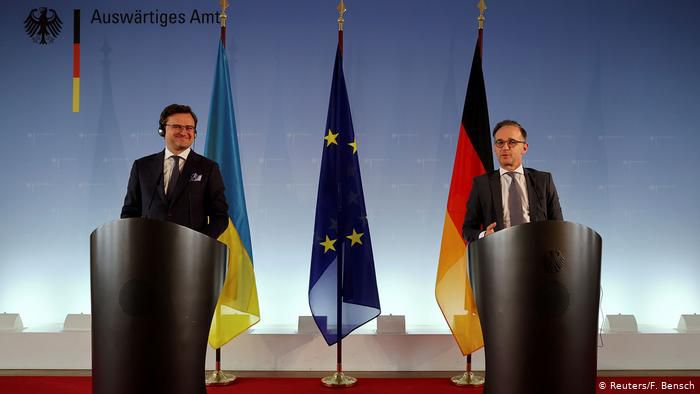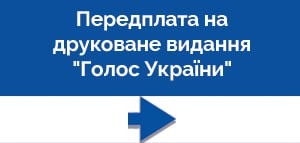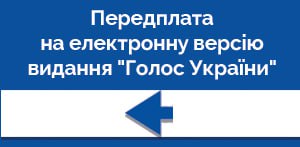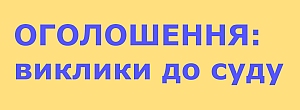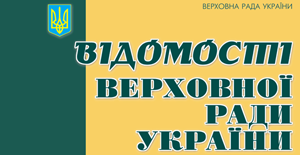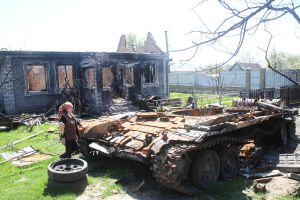He said, “We propose Russia a simple solution but at the same time we will never cross the ‘red lines’ which are our sovereignty and control over our borders. We are ready for negotiations on the special status of Donbas and Crimea within Ukraine but without giving them the right of veto over national decisions”.
Earlier, Kuleba wrote in Facebook that the official Kyiv would never agree to have a direct dialog with the occupational administrations.
“We are not going to make concessions on such issues as control over the Ukrainian border, the withdrawal of Russian troops and the disbandment of the occupational administrations. Ukraine will not cross the ‘red lines’ of her sovereignty and territorial integrity. That’s why Kyiv believes that direct negotiations with terrorists of the so-called DNR and LNR, the federalization of this country and other demands of Russia are unacceptable to Ukraine”.
According to Minister Kuleba, year after year Ukraine has been demonstrating her readiness to negotiate a reasonable compromise on such issue as specifics of local self-government but only after the temporarily occupied territories have been returned to Ukraine.
“We will never accept any special status according to the Russian scenario which provides for the right of veto over national decisions and other demands that undermine our sovereignty”, he added.
In his interview to DW, Kuleba said that Ukraine would never relinquish the sovereign control over Donbas and Crimea. “No matter how much time we’ll need to regain it but we will continue working toward the liberation of these territories and reintegrating them into Ukraine”, he said and added that the space for a compromise would open only then when weapons become silent.
On June 2, a large delegation of high-ranking Ukrainian officials paid a working visit to Berlin. The delegation included, apart from the Foreign Minister, Presidential Office Chief Andriy Yermak, Deputy Prime Minister Oleksiy Reznikov who is responsible for the reintegration of the temporarily occupied territories, Defense Minister Andriy Taran and others. The agenda of the visit included such topics as the freedom of Crimea, cooperation with NATO and the situation in Donbas.
At a joint press conference with his Ukrainian counterpart, Federal Minister for Foreign Affairs of Germany Heiko Maas said that “during the chairmanship of Germany in the European Union that will start on July 1, Ukraine will be an important aspect. We will not only continue searching for ways of how to achieve peace in Ukraine but we will help her with reforms”.
For his part, Kuleba informed those present at the press conference that an agreement had been reached to conduct the next Normandy Four talks at the level of foreign ministers. As for the exact date of the future summit of the Normandy Four leaders, it will depend on the pandemic situation in the world.
It should be said that on June 3, immediately after the conclusion of the visit of the Ukrainian delegation, Steffen Rüdiger Seibert, the spokesperson of the Government of Germany, announced that since Russia had been excluded from the G7 member-states because of the annexation of Crimea today there are no reasons for returning Russia to the G7 club. The announcement was made in response to the proposal of American President Donald Trump to invite the leader of the Russian Federation as a guest to the next summit meeting of the G7 which is scheduled to be held this year.
Here’s what Seibert specifically said, “A special decision with regard to Russia has been in force since 2014 that summit meetings will be held in the G7 format instead of the G8 format until further notice. The grounds for this decision are still in place because the decision was made following the annexation of Crimea, the action which contradicts international law”.
On June 2, the Verkhovna Rada of Ukraine addressed the United Nations, international organizations as well as governments and parliaments of other countries to take additional measures in order to continue the policy of the non-recognition of the annexation of Crimea. Apart from this, the Ukrainian Parliament called upon the international community to toughen political, economic and diplomatic sanctions against Russia to make her keep the fundamental principles of international law and requirements of the international community concerning the freedom of Crimea as well as the restoration of state sovereignty of Ukraine over Crimea and the adjacent waters of the Black Sea and the Sea of Azov. The Verkhovna Rada also appealed to the international community to recognize the deportation of the Crimean Tatars from the Crimean peninsula in 1944 as the genocide of the Crimean Tatar people.
The newspaper Holos Ukrainy


